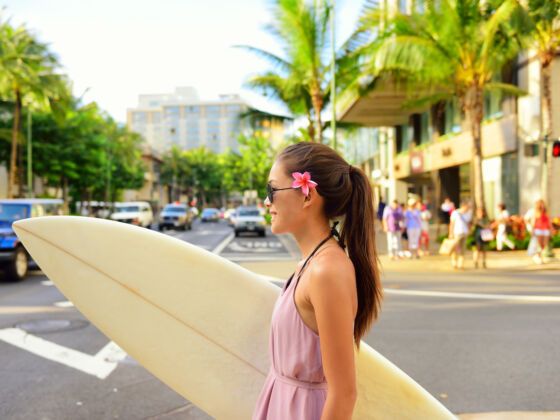1. Stop obsessing over punctuality.
Get over it, lateness happens in Hawai’i.
Nobody likes the uppity mainland transplant who suffers a cardiac event every time someone shows up 10 minutes late. I should know, I was that obnoxious mainlander.
When a work meeting I arranged started 15 minutes late because of latecomers, my ever-patient boss noticed I was agitated. Pulling me aside after the meeting, she asked me if I was okay.
“WHY CAN’T ANYBODY BE ON TIME?!” I sputtered.
A successful professional, born and raised in Oahu, she smiled. “I know it’s hard, but you can’t fight the culture. The work still got done right? Everybody did their job, and everybody was happy to do it. You’re the only person who seems annoyed. So why do that to yourself? There are different ways to get stuff done, and this is just how people do things here.”
